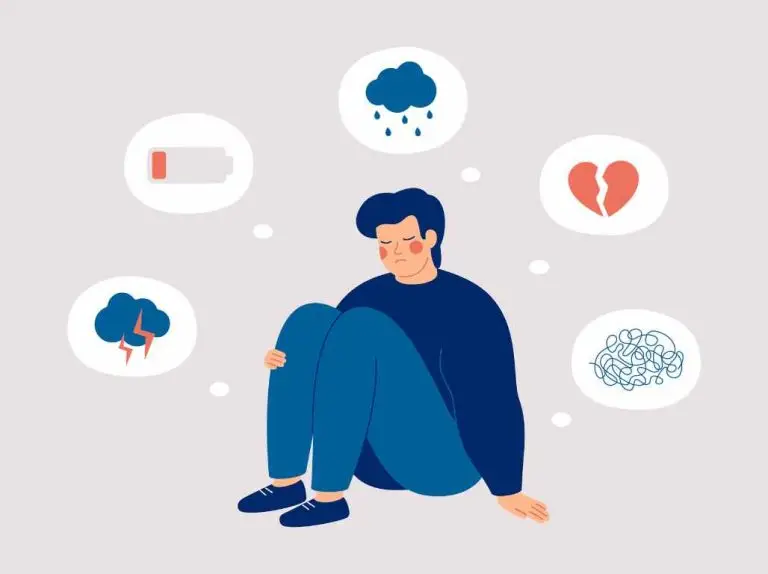How to Respond to a Mental Health Crisis: A Guide for Those Struggling with Mental Health Issues
When a mental health crisis happens, whether drug related or mental illness related, or both, many people panic. In today’s fast-paced world, mental health crises can strike anyone at any time. Whether you’re personally struggling or you’re supporting someone who is, knowing how to respond effectively is crucial. Here’s a comprehensive guide to addressing a mental health crisis.
If You’re Experiencing A Dangerous Mental Health Crisis, Get Help
In the case of an overdose call 911. In the case of attempted suicide, call 911 or the suicide hotline. If a loved one is violent, or a parent with dementia you may need immediate help. If you or your loved one is not in immediate danger, learn to recognize and get assessment for what is happening.
Recognize the Signs of a Mental Health Crisis: The first step in responding to a mental health crisis is to recognize the signs. These may include sudden changes in behavior, extreme mood swings, withdrawal from loved ones, substance abuse, or expressions of hopelessness. Being observant and attentive to these signs can help you intervene early.
Stay Calm and Non-Judgmental: When faced with a mental health crisis, it’s essential to remain calm and non-judgmental. Avoid blaming or shaming the individual for their struggles. Instead, offer your support and reassurance that they’re not alone. Your calm demeanor can help de-escalate the situation and create a safe space for open communication.
Listen and Validate: One of the most powerful ways to support someone in crisis is to listen actively and validate their feelings. Let them express themselves without interrupting or offering unsolicited advice. Validate their emotions by acknowledging their pain and letting them know that it’s okay to feel the way they do.
Encourage Professional Help: While your support is valuable, it’s essential to encourage the individual to seek professional help. This may involve contacting a mental health hotline, scheduling an appointment with a therapist, or seeking treatment at a rehab facility. There are treatment facilities that offer inpatient mental health treatments, outpatient treatments, and even virtual mental health outpatient programs. Elevation Behavioral Health is a leading luxury mental health treatment center in California that offers programs like these to help when crisis arises.
Create a Safety Plan: In cases where the crisis involves a risk of self-harm or substance abuse, it’s crucial to create a safety plan. This plan should outline steps to take in case of an emergency, including contacting emergency services, reaching out to trusted friends or family members, or accessing local support resources.
Remove Access to Harmful Substances: If the crisis involves substance abuse, take proactive steps to remove access to harmful substances. This may include disposing of drugs or alcohol in the individual’s possession, locking away medications, or securing the environment to prevent further substance use.
Offer Practical Support: In addition to emotional support, offer practical assistance to help alleviate the individual’s stress and anxiety. This may involve helping them with daily tasks, such as grocery shopping, cooking meals, or arranging transportation to appointments. By lightening their load, you can help them focus on their recovery journey.
Practice Self-Care: Supporting someone in a mental health crisis can be emotionally draining, so remember to prioritize your own well-being. Practice self-care by engaging in activities that bring you joy and relaxation, seeking support from friends or a therapist, and setting boundaries to protect your own mental health.
Follow Up and Stay Connected: After the immediate crisis has passed, continue to follow up and stay connected with the individual. Check in regularly to see how they’re doing, offer encouragement and support, and remind them that you’re there for them no matter what. Your ongoing presence can make a significant difference in their recovery journey.
Educate Yourself: Finally, educate yourself about addiction and mental health issues to better understand what the individual is going through. Knowledge is power, and by educating yourself, you can become a more effective ally in their recovery process.
In conclusion, responding to a mental health crisis requires compassion, empathy, and proactive support. By following these guidelines and seeking professional help when needed, you can make a positive difference in the lives of those struggling with addiction and mental health issues. Remember, you’re not alone, and help is always available.
If you are looking for a treatment center for yourself or a loved one in a mental health crisis, turn to the trusted mental health professionals at Elevation Recovery. Contact us today to learn more about our healing mental health programs such as our outpatient mental health treatment and residential mental health treatment programs.
More Articles To Read
Setting Healthy Boundaries in Relationships
7 Tips To Create Mental Health Blogs





















